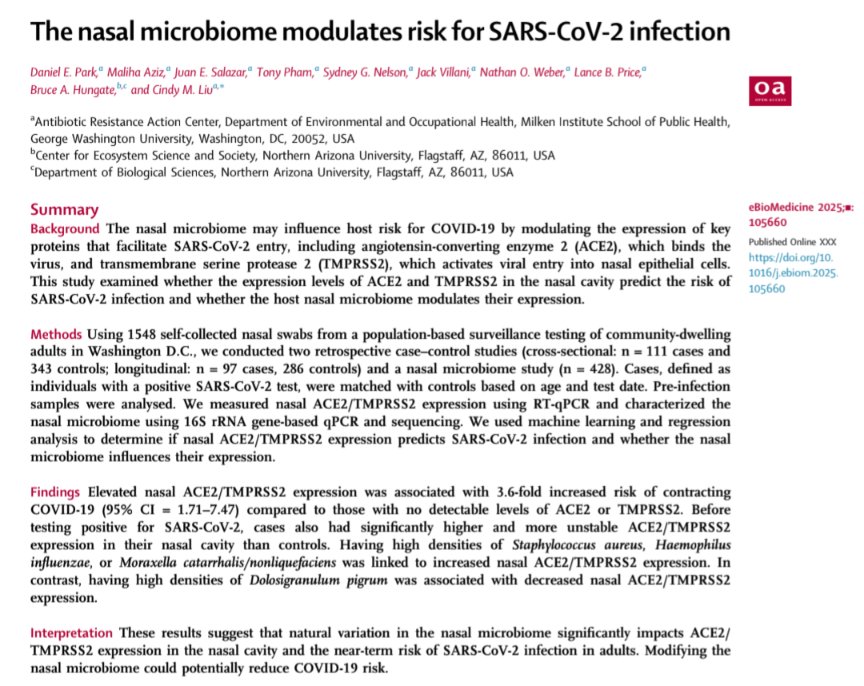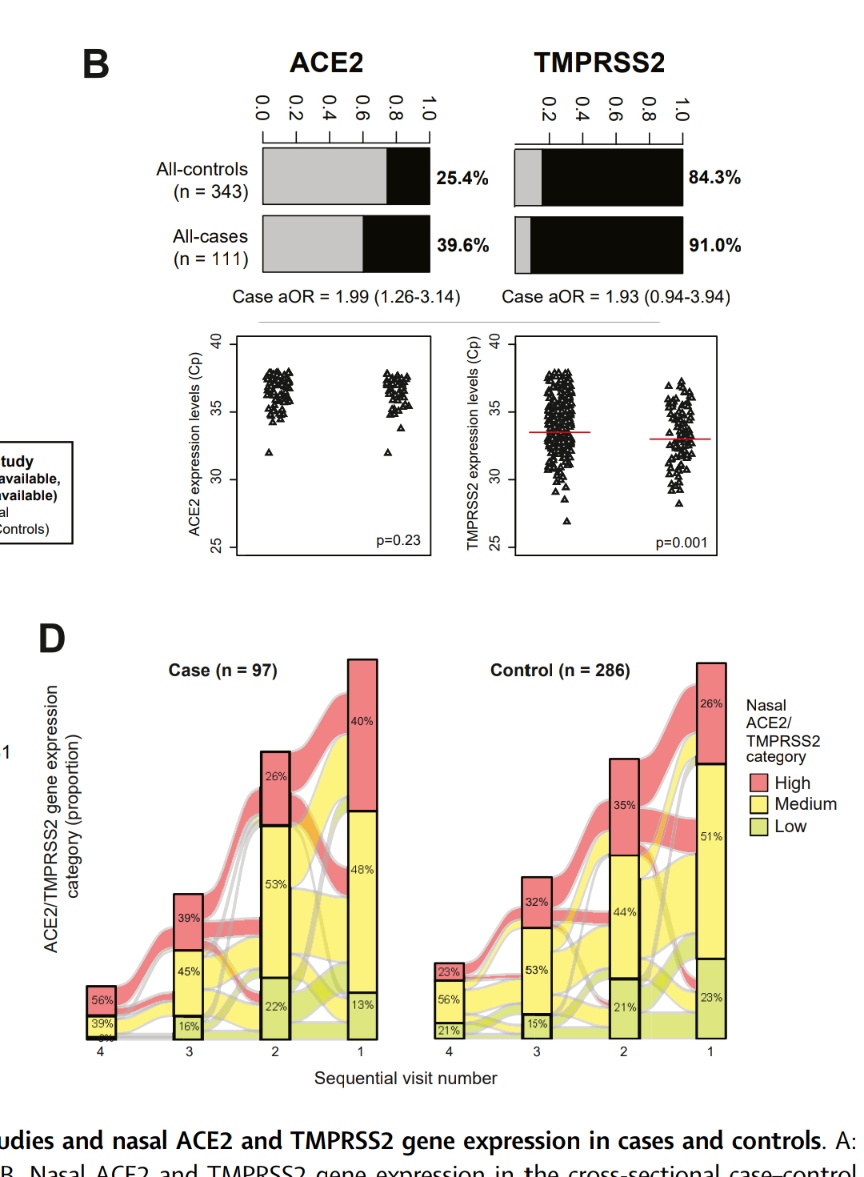Interesting new study comparing individuals with ME/CFS, Long COVID, and healthy controls using MRI spectroscopy, cognitive tests, and metabolites. 

ME/CFS patients had higher lactate in pgACC & dACC, hinting at mitochondrial dysfunction & anaerobic metabolism. Long COVID patients showed lower total choline in dACC, possibly tied to clotting & brain fog.
nature.com/articles/s4138…
nature.com/articles/s4138…
Cognition: In ME/CFS, higher lactate correlated with worse verbal fluency. In Long COVID, lower choline linked to poorer executive function. No significant differences in muscle metabolites. 

In summary, ME/CFS & Long COVID share fatigue symptoms but differ in brain chemistry: lactate for ME/CFS, choline for Long COVID. These suggest distinct mechanisms behind symptoms, paving the way for targeted therapies.
Lastly, a reminder that vaccination remains a critical tool to help prevent long COVID, along with other interventions such as cleaner air
https://x.com/Daniel_E_Park/status/1799150522542465339?t=R-NpQdkviK4rHYl43XoPGg&s=19
• • •
Missing some Tweet in this thread? You can try to
force a refresh












